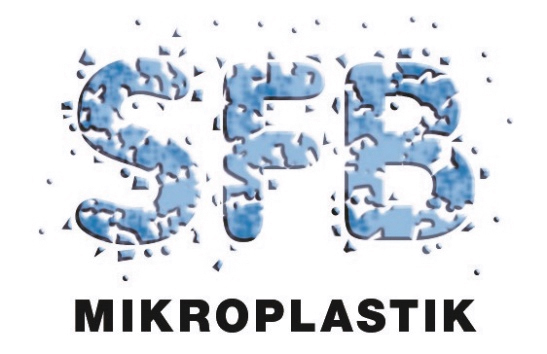News
Neue SFB 1357 Publikation: Menzel (2022) - Degradation of low-density polyethylene to nanoplastic particles by accelerated weathering
20.06.2022

Herzlichen Glückwunsch an das Team C01 und KollegInnen: Teresa Menzel; Nora Meides; Anika Mauel; Ulrich Mansfeld; Winfried Kretschmer; Meike Kuhn; Eva M. Herzig; Volker Altstädt; Peter Strohriegl; Jürgen Senker; Holger Ruckdäschel zu ihrer spannenden neuen Publikation in der Zeitschrift Science of the Total Environment:
"Degradation of low-density polyethylene to nanoplastic particles by accelerated weathering"
DOI: https://doi.org/10.1016/j.scitotenv.2022.154035
Abstract: When plastics enter the environment, they are exposed to abiotic and biotic impacts, resulting in degradation and the formation of micro- and nanoplastic. Microplastic is ubiquitous in every environmental compartment. Nevertheless, the underlying degradation processes are not yet fully understood. Here, we studied the abiotic degradation of commonly used semi-crystalline, low-density polyethylene (LDPE) in a long-term accelerated weathering experiment combining several macro- and microscopic methods. Based on our observations, the degradation of LDPE proceeds in three stages. Initially, LDPE objects are prone to abrasion, followed by a period of surface cracking. A large number of secondary particles with a high degree of crystallinity are formed, with sizes down to the nanometer scale. These particles consist of highly polar oligomers leading to agglomeration in the final stage. We therefore suppose that weathered microplastic and nanoplastic particles will attach to colloidal environmental matter. This offers an explanation for the absence of free nanoplastic particles in natural samples.

